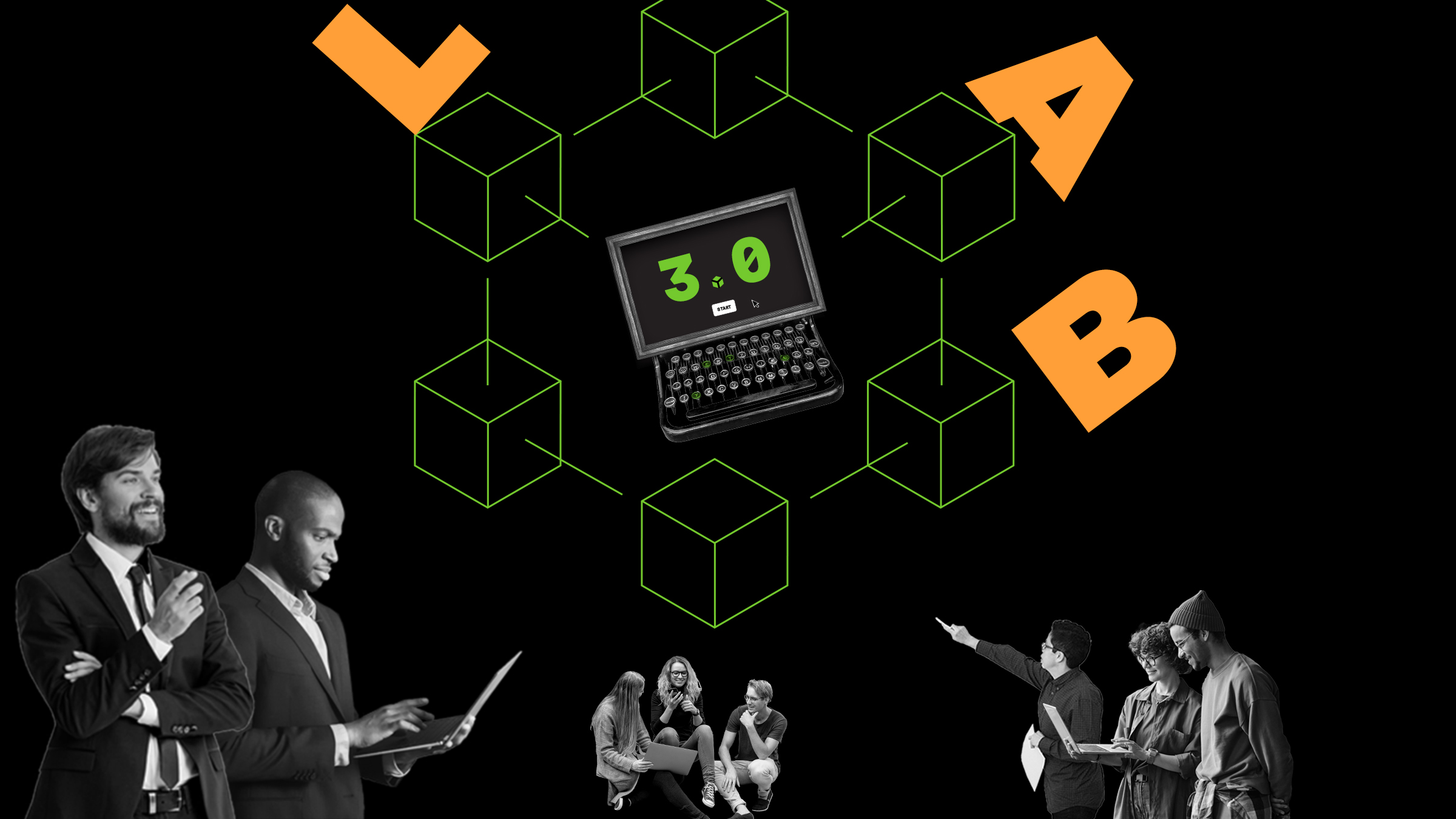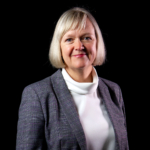In a call for funding that ended in May, Sitra sought participants with ideas and the necessary operating conditions for accelerating Web 3.0, which is based on blockchains and decentralised data, in a sustainable direction.
Of the 29 teams that applied for a spot in the Sitra Lab programme, seven were selected to experiment with the opportunities presented by Web 3.0.
The participating teams will develop Web 3.0 in the areas of sports, culture, sustainable food production and health.
As they mature, the experiments may hold a lot of promise for ordinary consumers as well.
For example, they could allow family members to monitor the treatment path of a cancer patient, help people make more sustainable food choices, or provide the opportunity to enjoy a world-class dance performance from the comfort of one’s home.
A diverse and highly capable group of Web 3.0 specialists
According to Helena Mustikainen, the person in charge of Web 3.0 projects at Sitra, experiments related to the use of new technology are necessary for understanding, expanding and developing the decentralised web and its various potential uses.
“The experiments that were entered in the call for funding were of a high level, and they covered the full range of the decentralised web’s areas of application. As we hoped, the applicants represented both public-sector organisations and private enterprises,” Mustikainen says.
Experiments and promoting a culture of experimentation are an important part of Sitra’s work. Through the experiments, Sitra also seeks to strengthen the Finnish network of Web 3.0 operators and create the right conditions for the development of the decentralised web to move in a fair direction.
We have allocated EUR 105,000 in funding for the Web 3.0 experiments, with each individual team receiving at most EUR 15,000.
Sitra Lab is a programme for teams that are enthusiastic about experimentation and wish to change society.
“Innovative experiments and learning together are at the core of the Sitra Lab ethos. We are very much looking forward to accelerating the Finnish Web 3.0 field and act as sparring partners to the pioneers of the future,” says Kirsi Hanhisalo, the Senior Team Lead who runs Sitra Lab.
The programme started on 29 August.
The selected experiments
A service for digital medals and trophies
This experiment will create a digital environment for sports trophies and medals. Non-fungible tokens, known as NFTs, and other Web 3.0 technologies make it possible to link sports trophies and medals to social media services, for example. As the experiment will particularly target young consumers, it will also provide more information on their use of technologies. The service will be implemented by NonFunAgency Oy with Basketball Finland as its partner.
Finnish DAO Academy
This experiment will create a DAO Academy in Finland to facilitate learning about decentralised autonomous organisations. It will bring together interested parties and create a DAO based on their common needs. The experiment may benefit a wide range of Finnish organisations in the fields of media, culture and digitisation. Adventure Club Helsinki Oy will be in charge of the experiment, with Transparent Eyeball Oy as its implementation partner. The partners also include Helsinki XRCenter, the Finnish National Gallery and other Metaverse cluster participants.
Using the DAO model in providing support services for cancer patients
The experiment will create an operating idea and governance model for a digital platform that will operate under the DAO principle and provide support for cancer patients. The target groups include not only cancer patients but also the family members of patients, as well as organisations and enterprises that produce related services. The experiment will build a prototype and test a new patient support service from the perspectives of different stakeholders and service paths. The experiment will be carried out by Mesensei Oy, the Association of Cancer Patients in Finland, the Southern Finland Regional Cancer Center FICAN South, and Aalto University.
Virtual Finland FVS Metaverse – “Discover Finland’s most fascinating destinations”
The experiment will create a map of Finland based on 3D technology to provide users with the opportunity to make virtual visits to cultural and other attractions near and far, all from the comfort of their home. Each attraction, building and nature destination will be its own metaverse where visitors can communicate with each other by using avatars, as well as find interesting information about the site in question. Finpeda Oy will be in charge of the experiment, with BusinessOulu as its partner.
Production and distribution for performing art in a virtual environment
Virtual performances deliver cultural experiences to audiences that are unable to attend the performances in person. The experiment will produce performing art in a virtual environment and explore its distribution. The experiment will make it possible to build virtual art content on the Finnish National Opera’s own platform, which will The Finnish National Opera and Ballet will be in charge of the experiment.
Food Futures Carbon Net Zero
This experiment will develop and test a smartphone application that will allow users to achieve sustainable consumption goals by sharing data. The application will help users pursue a 1.5-degree lifestyle. The Food Futures application will make use of shareable non-fungible tokens, or sNFTs, in a participatory manner. The application will produce and share data on the sustainability of meals as well as the users’ individual consumption and the achievement of targets. The University of Helsinki will be in charge of the experiment, with TX Tomorrow Explored and UniCafe as its partners.
Web 3.0 tools for creative industry
The experiment will build easy-to-use tools for storing media in a blockchain and create NFTs for the stored media. The aim is to make the tools available to all creative industry participants. The Finnish National Gallery will be in charge of the experiment.
Interested in Web 3.0?
Earlier this year, Sitra published a report on legislation concerning Web 3.0 and produced a series of articles (in Finnish) focusing on the decentralised web from the perspectives of economic, social, cultural and ecological sustainability.
The articles were collected in a single Web 3.0 sustainability memorandum that was published at the How sustainable a world will Web 3.0 build? event on 29 August.


